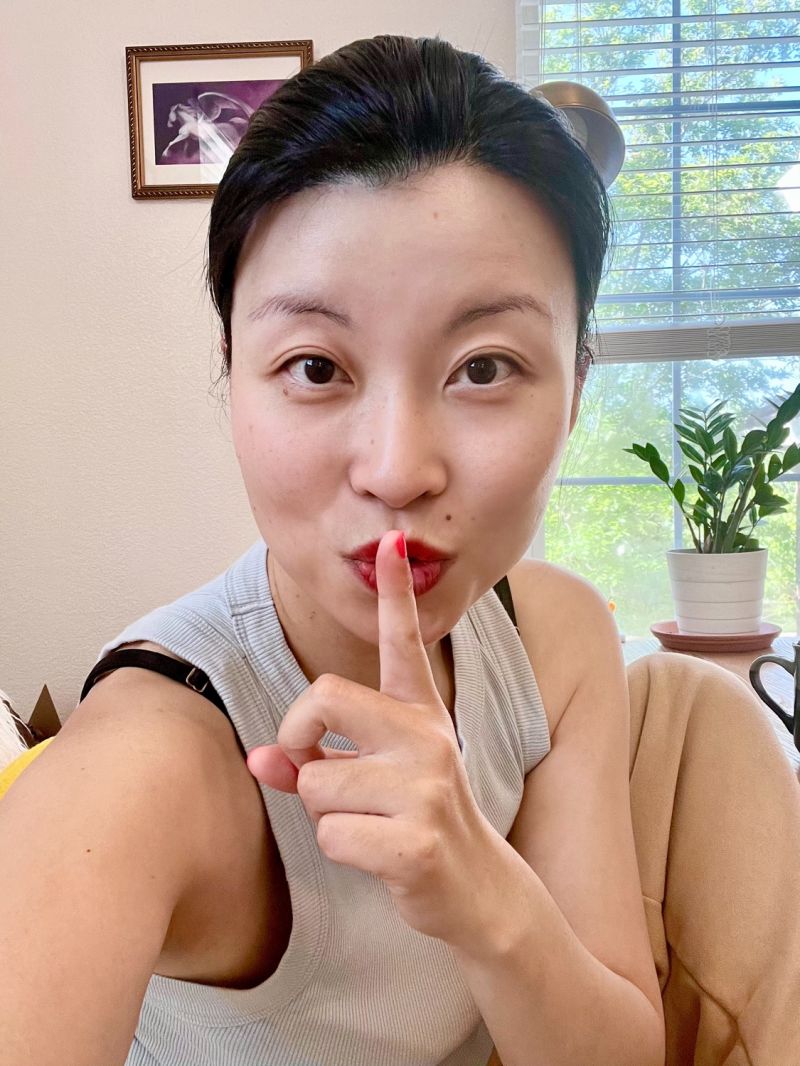I’ve been helping people suffering from chronic toxic relationship with food end food addiction for quite many years now. In this article, let me dive into the topic of how to end food addiction. In my writing, I’ll keep things very simple and straight to the point.
My years of coaching experience and academic training in Neuroscience both help me bring crystal clarity to my readers — What’s food addiction? What’s causing it? Why is it easy for someone to stay stuck in it for many years? What’s the biggest flaw of the treatment strategies seen today? And what’s the real focus when solving it — the 20% that makes 80% difference.
First of all, do you have food addiction?
Let’s see if your daily food experience match with the following major symptoms of it:
#1. Eating more than you are meant to;
#2. Trying to cut down eating but can’t
#3. Intense food cravings and urges — e.g. very minimal self-control in front of food; for instance, for 6-10 out of 10 times, some food trigger will lead to eating;
#4. Intolerance — the same amount of food no longer makes you satisfied. Sugar is a great example of this: eating the same amount of sugar is no longer satisfying, primarily due to how dopamine level within the brain is impacted due to long-term sugar overdose;
#5. Continue to overeat even when it causes social and relationship problems;
#6. Give up important and desirable social and recreational activities due to food/eating problems. Common scenario: saying ‘no’ to an invitation because of the fear of losing control with food or shame of eating in front of others.
These are based on 6 out of 11 hardcore addiction criteria listed in DSM-5 (internationally used diagnose standards for mental health).
For food addiction per se, another major symptom is constantly thinking about food or eating.
Your mind is always kept hostage by food. And for most of your free time, you are either eating or at the brink of eating.
Throughout 9 years of data collection, I find that people with food addiction spend 3-6 hours on average PER DAY thinking about food/eating.
If you think about it, that’s 1000-2000 hours/year spent on the silliest thing ever, up to 10,000 hours wasted in 5 years and life UN-LIVED.
The most common voice I’ve heard among people is:
“I just want to eat like a ‘regular’ person;” and:
“The fact that I can’t even control myself in front of such basic things as food is very embarrassing.”
Here’s why treating food addiction can be trickier than treating drug or alcohol addiction:
Unlike drugs which can be completely banned and eliminated out of your life, you can’t do that to food. Hence, the only way you to fix it is to find the place where you and food can peacefully co-exist.
Here’s why so many people fail:
The most prevalent strategies used nowadays are avoidance based — i.e. avoiding triggers to refrain the tendency to eat.
However, plenty of psychology studies have found that the ‘avoidance strategy’ — instead of promotes real self-control — triggers more fear and negativities, therefore feeding the vicious cycle of self-deprivation and addiction.
What will be the consequences of food addiction if left untreated?
Here are some most common ones:
Weight going out of control;
A lot of negative self-talks that repeat themselves;
Self-esteem crises — giving up on dreams, goals, and opportunities;
Health crises, anxiety, depression;
Not living life fully as previously discussed;
And if this is a parent struggling with it, children often can’t escape the repercussion.
Studies show children have 80% likelihood to become overweight if both parents are. And they are likely inherit the same mental baggage from early on.
Children are honest reflections of how we treat ourselves.
Here’s your opportunity to fix food addiction:
I just said treating food addiction was tricky. However, solving it is in fact SIMPLE because despite the pre-conditioned patterns that are making things look complicated, you really just need to gain one skill:
The ability to consistently eat the right amount of the right thing while being mentally DETACHED from the food triggers.
It can be brought back to live with holistically executed physical, psychological, and sensory reset which is what I do at Rise Lean via Lean Instinct Formula.
Food doesn’t change, it’s you no longer being triggered or controlled by it.
Let’s make it more intuitive by imagining this:
Right now, you and I are sitting together facing the same chocolate, and our inner experiences are totally different.
I’m 100% focused on our conversation. However, you are distracted by that chocolate and mentally pre-occupied by the scenarios relating to eating it — perhaps with mixed emotions of fears, anxiety, and shame, etc.
Someone is always free when your head is fully cluttered with thoughts about eating that chocolate to the level you can’t be present.
Why can’t you experience the freedom, detachment, and calmness with food?
Of course you can.
In fact, it’s an INSTINCT within you waiting to be revealed again.
I say ‘instinct’ as it was actually your physical, psychological, and sensory default before dieting and its psychological repercussions switched it off.
To get out-of-control streams in life — i.e. food anxiety, addiction, self-esteem, health, and weight gain — back in control, this instinct must come back.
As I mentioned earlier, this requires dedicated reconditioning work on how you mentally and physically process, react to, and experience food/eating. This also requires a holistic, stress-free approach to eating that automatically helps you keep the weight at bay while providing you lots of satisfaction and autonomy.
You must have the experience where what used to be very tempting is no longer tempting.
Your physical preference towards some food, such as sugar, automatically fades away as a result of that re-conditioning work.
This new psychological, physical, and sensory paradigm forms a new food identity which keeps being reinforced by the new experience.
You can find more about the experience — its philosophy, supporting methodology, and plenty of client case studies — here .
And if you’ve decided to take such an important step to eliminate the life-preventing food addiction, treat yourself with the opportunity of working with a true expert and get it solved with guidance, support, and a proven system.
To Your Happiness.
Leslie Chen
Award-Winning Neuroscience-Based Weight Loss & Food Freedom Coach
Ready to solve the toxic eating/weight patterns permanently and embrace life 1000%? Book A Clarity Call.




